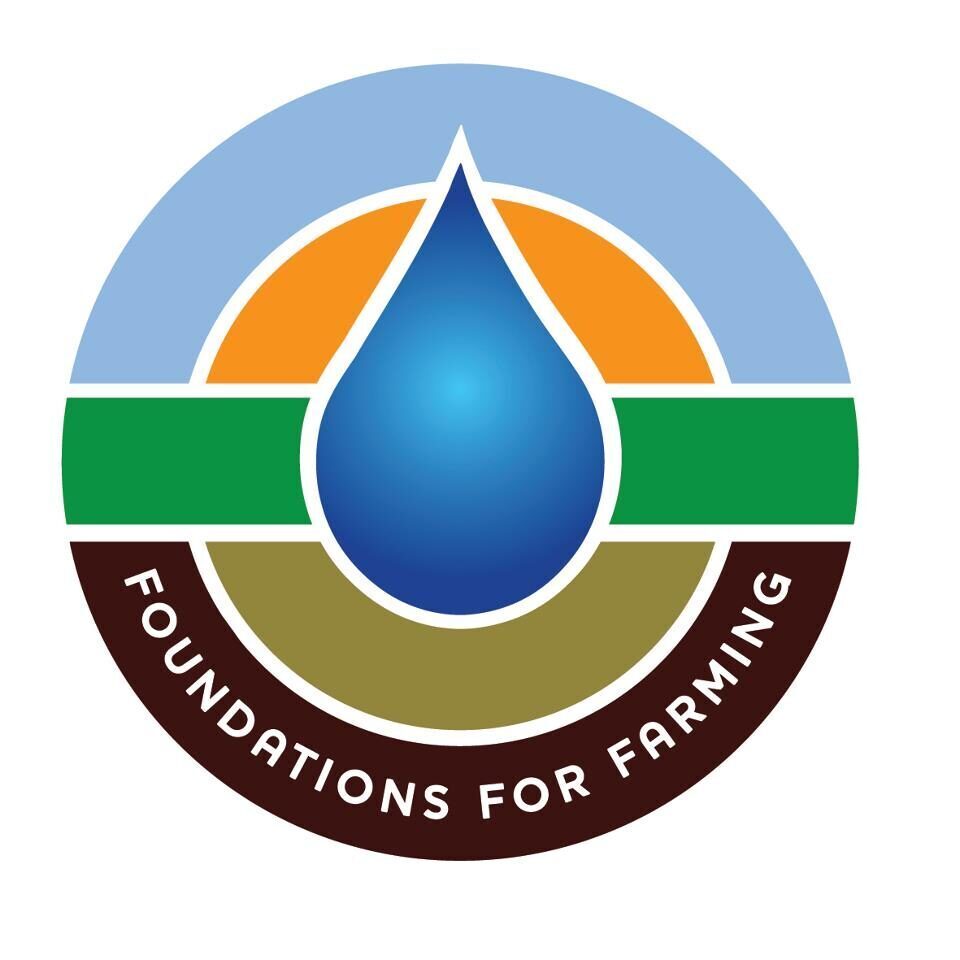Underpaid. Overworked. Undervalued. These descriptions have almost become synonymous with farming. There is a degree of truth in these words. In the U.S. the average farm income earned by farm households is estimated to be -$1,093 (off-farm jobs keep them afloat). The debt and lack of support community has resulted in suicide rates among farmers being higher even than those of military veterans. And just this morning I was reading about the farm bill and how farm groups were concerned about cuts in the subsidies farmers receive from the government.
But we must guard against feeling victimized as farmers. For many of us farmers much of the appeal of our profession has to do with the feeling of freedom, independence, heritage and self-reliance that comes from making a living off the land. Whatever our motivations, somewhere along the line we can fall prey to a victim mentality that robs us of our freedom and the abundance God has given us.
Agricultural Cynicism
As farmers it’s easy to become cynical. We can slip into thinking that our woes are all due to things that are out of our control; the weather, the government, the markets, the price of fertilizer, fuel, etc. At times we can become known for complaining, stinginess, and pride (just listen to the conversations at the feed store!).
I don’t think any of us farmers want to be cynics, but after so many failures and disappointments cynicism can become a self defense mechanism against future disappointment. Understandable, but the danger is that we begin to identify ourselves as victims/martyrs who are dutifully growing food for the ungrateful masses of the world. It’s easy to no longer feel responsible for the lack of profit or the poor land stewardship on our farms. As victims we no longer see ourselves as part of the problem, or the possible solution.
A Perspective of Scarcity
To be sure, farming has always been a risky undertaking involving things out of our control. Or at least the risk is more visible and tangible than in some professions. But perhaps we as farmers have adopted a scarcity mindset that doesn’t reflect a trust in the abundant nature of our Creator. This can cause us to see the world around us from a more limited perspective than is true in reality. Consider the following statements that might be heard among farmers today.
1. “You’ve got to get big or get out.”
2. “There ain’t no money in farming”
3. “People don’t appreciate all the work that goes into growing the food they eat.”
4. “Young people today just aren’t interested in farming.”
5. “The government needs to help farmers so that people don’t starve!”
These statements are all based on things we have experienced or seen. But the problem is that they reflect a mindset of scarcity and victimization. With a victim mentality we look at situations fatalistically, not really thinking that there are things we could change about our mindset and heart that might make a difference. We think it all has to do with lack of available resources.
God’s Promise of Provision
But the truth is the God has promised to be our provider and will always provide us what we need to accomplish the good works (including farming!) that he has given us to do. 2 Corinthians 9:8 says “And God is able to make all grace abound to you, so that in all things at all times, having all that you need, you will abound in every good work.” This truth can give us a different lens to see our situation through. Here’s an example of how we might look at the situations mentioned above in a different light.
1. Growing commodities for the wholesale market may require large infrastructure, but there are other business opportunities for those with more limited resources!
God calls us to be faithful with what we have, and if he calls us to farm he can give us wisdom to use the resources available to creatively produce good food for people. There are many examples today of small, even micro-scale farms that are very profitable. Jean Martin Fortier and Curtis Stone are some examples of profitable micro-farmers.
2. Making a good live from a profitable farming may not be easy, but it doesn’t mean it can’t be done!
Merely growing food doesn’t guarantee profitability, same as any other business. Just because some people can run a restaurant and lose money doesn’t mean the restaurant business can’t be profitable. If God has called us to farm he can show us how to run a profitable business. We must be willing to grow and adjust our production and marketing models to best serve people with the food they need and want.
3. Many people don’t realize what it takes to produce their food, so we should take opportunities to connect with the people who eat our products!
Most people are not as appreciative of the work that goes into growing their food, but the same could be said about the work that goes into producing most things people rely on everyday. It’s mainly due to the disconnect we have because of the large-scale, wholesale, non-relational model of our economy. So who can blame consumers? If we as farmers want more appreciation all we have to do is work to build relationships with those who actually eat the food we produce.
4. Not many young people are getting into farming, so there’s an opportunity to find ways to make farming more attractive and teach young people to value what farming offers!
Farming doesn’t seem a top priority for many young people, but when what farming offers (fulfilling work, simple living, etc.) is not what our culture is teaching kids to value should we be surprised? Even with that there are many young people interested in farming (John Deere makes a lot of money selling farm-theme toys) but they end up being discouraged from pursuing it by the ‘scarcity’ mentality of those who are in farming. As scarcity-minded farmers we don’t normally offer many attractive opportunities to younger people due to a felt-need to ‘hold-on’ to and protect what we’ve got. Generosity and abundance is attractive, stinginess and scarcity are not. If we sow generously to the younger generation, we will reap generously.
5. God has given us more resources than we can realize as farmers in our land, family, and community, and we should never have the need to rely on government handouts!
Of course this doesn’t mean that God’s plan for us doesn’t sometimes include going out of business. But even when he allows that we can trust that it is for our ultimate good. We do need farmers, but we need good farmers, and no farm operation is so sacred that we have a duty to prop it up when it continues to prove financially unviable. Unprofitability should be an indication of the need for adjustments to farming systems, management and marketing. We as farmers should definitely help each other get through hard times. But we aren’t entitled to succeed, and getting bailed out by government subsidies can actually hurt us by not forcing us to make needed changes. The government does not always have a good track record for motivating us to run profitable farms. They end up both paying farmers for unprofitable crops and paying farmers to grow no crops at all!
Living in Light of God’s Character
The truth of the matter is that God is our provider, helper, and teacher. As farmers when we live with a mindset of scarcity, entitlement and victimization then we are not living in light of the truth of who God is. We are not living gratefully or generously. God has promised to give us abundance where we can live generously towards our families and those around us. Let’s ask Him to change our hearts and beliefs so that we can begin breaking free from the lies that hold us back and become farmers who reflect the character of God to the world around us.


Thank you, Noah Sanders, for this post! As a young person trying to build a Christ -centered homesteading lifestyle, I can personally attest to falling victim to a victim mentality and this post is just what people such as myself need to hear! I live in Minnesota, the heart of GMO country in the Midwest, and face many challenges socially and financially with this model of farming, eating, and living in general, and I appreciate the encouragement. God bless you for the work you do.
Thanks for the encouragement! I know it can be tough and I appreciate your honesty! Delight yourself in the Lord and he will give you the desires of your heart.